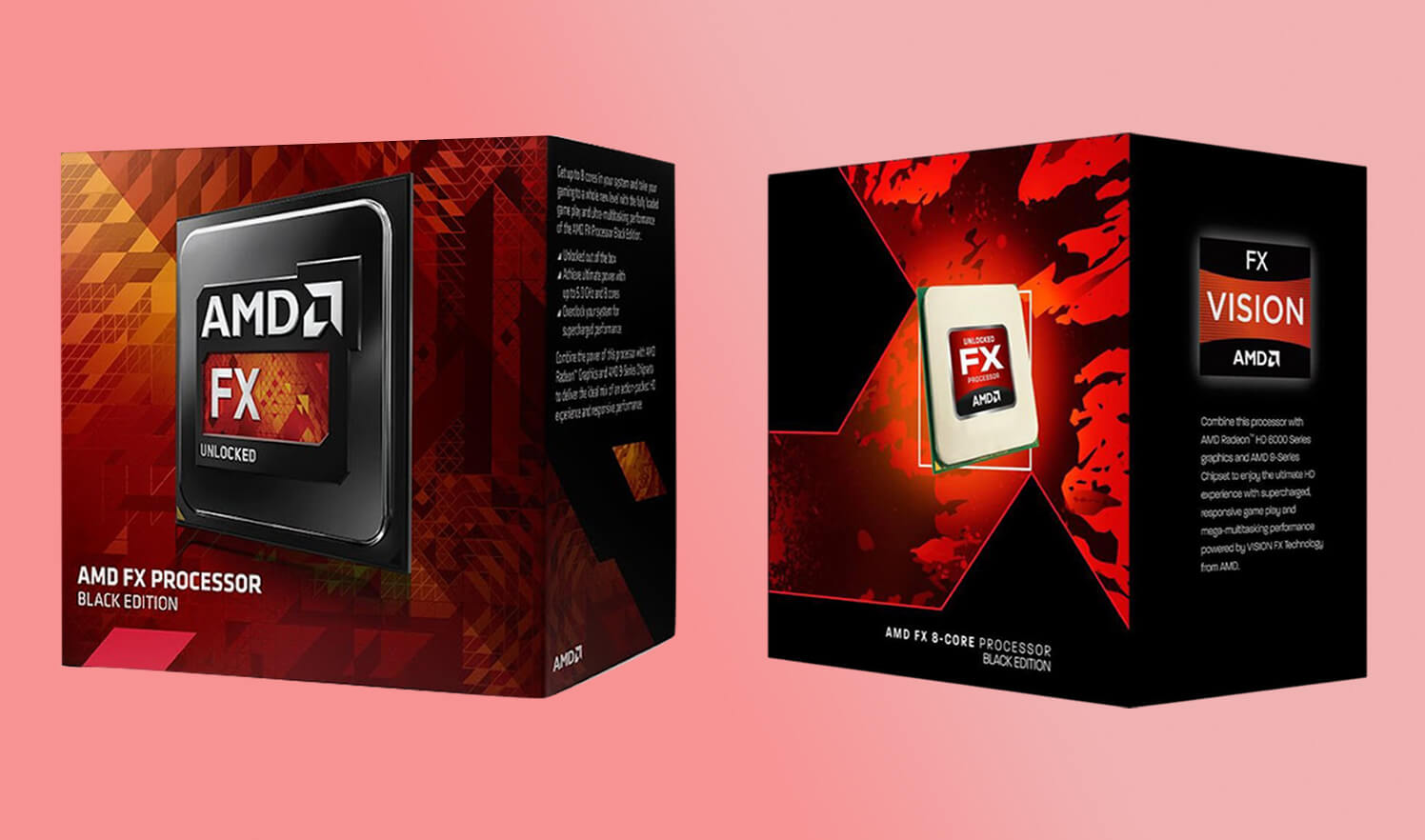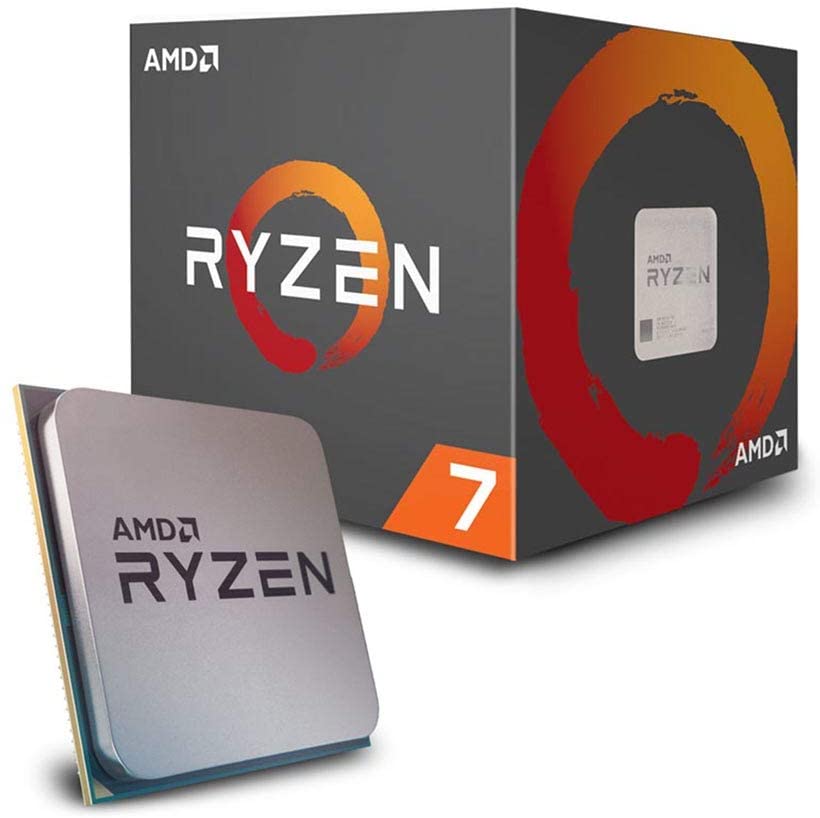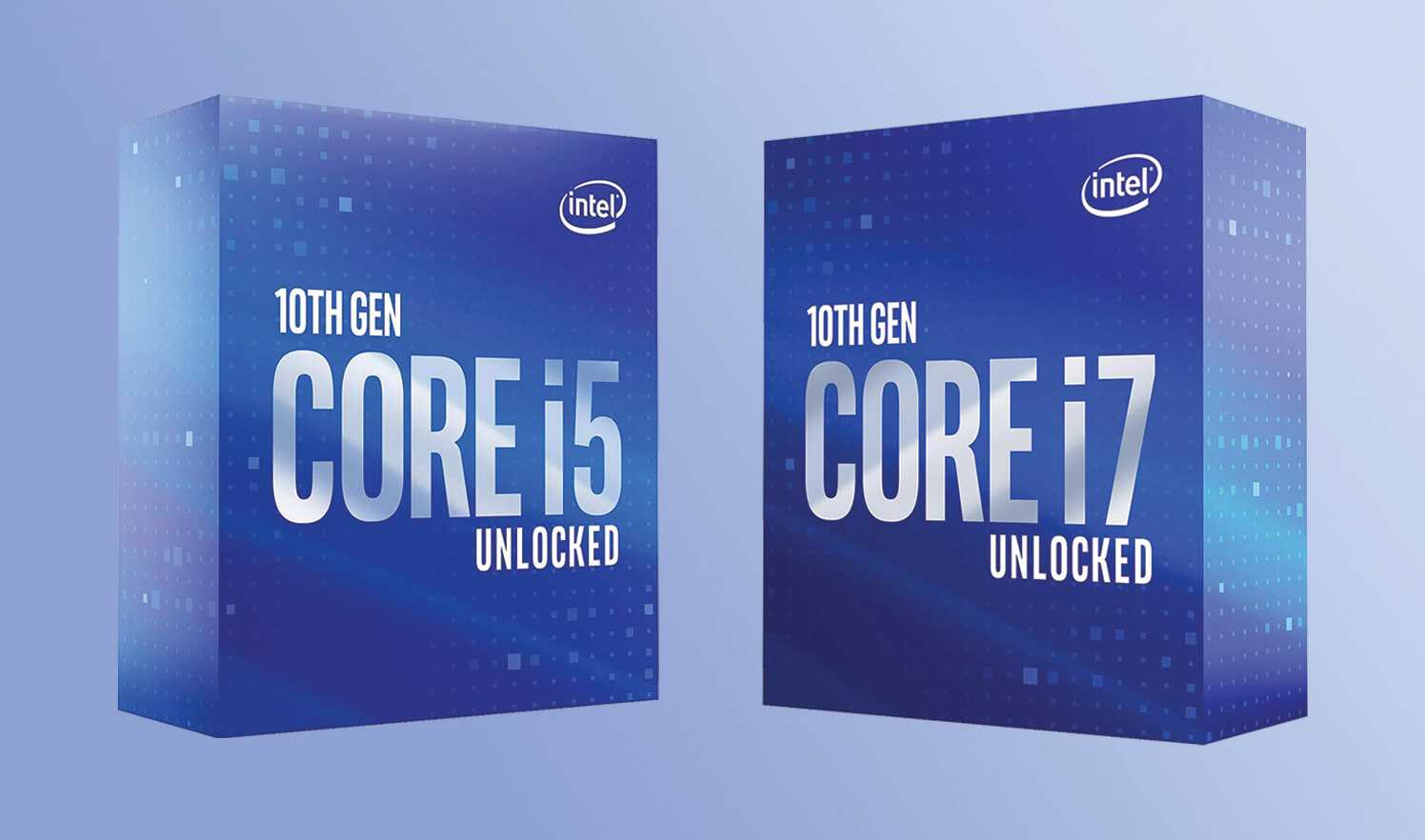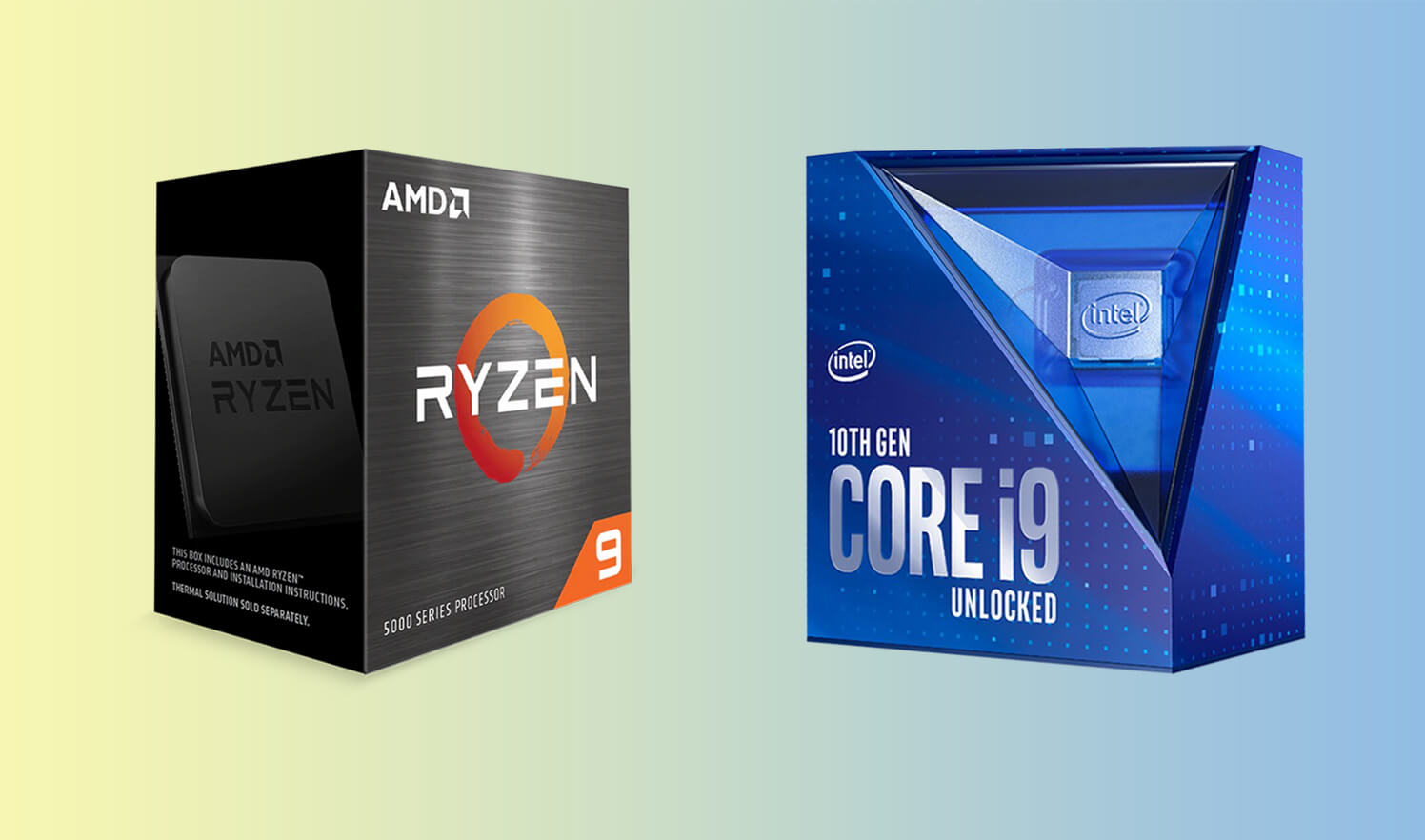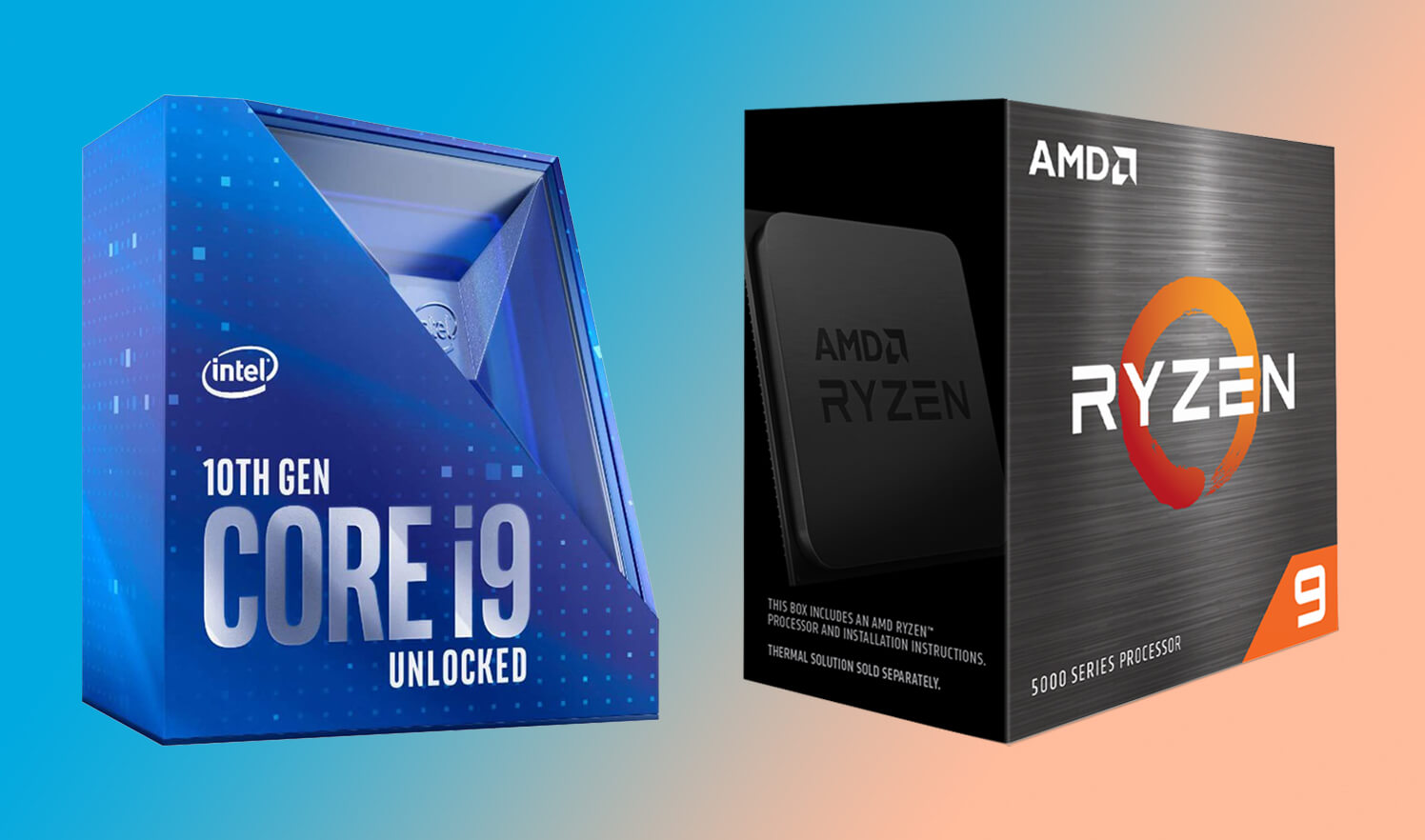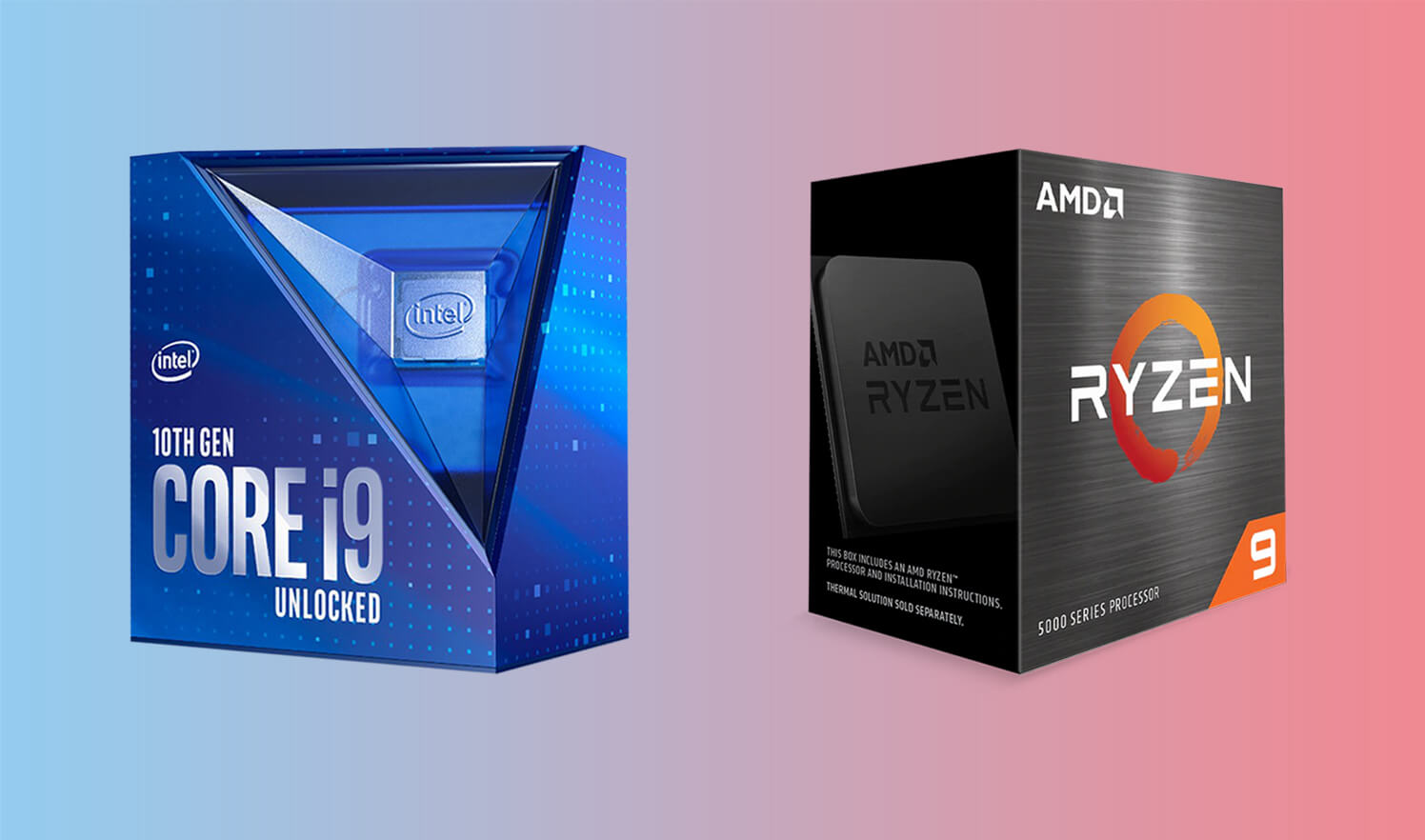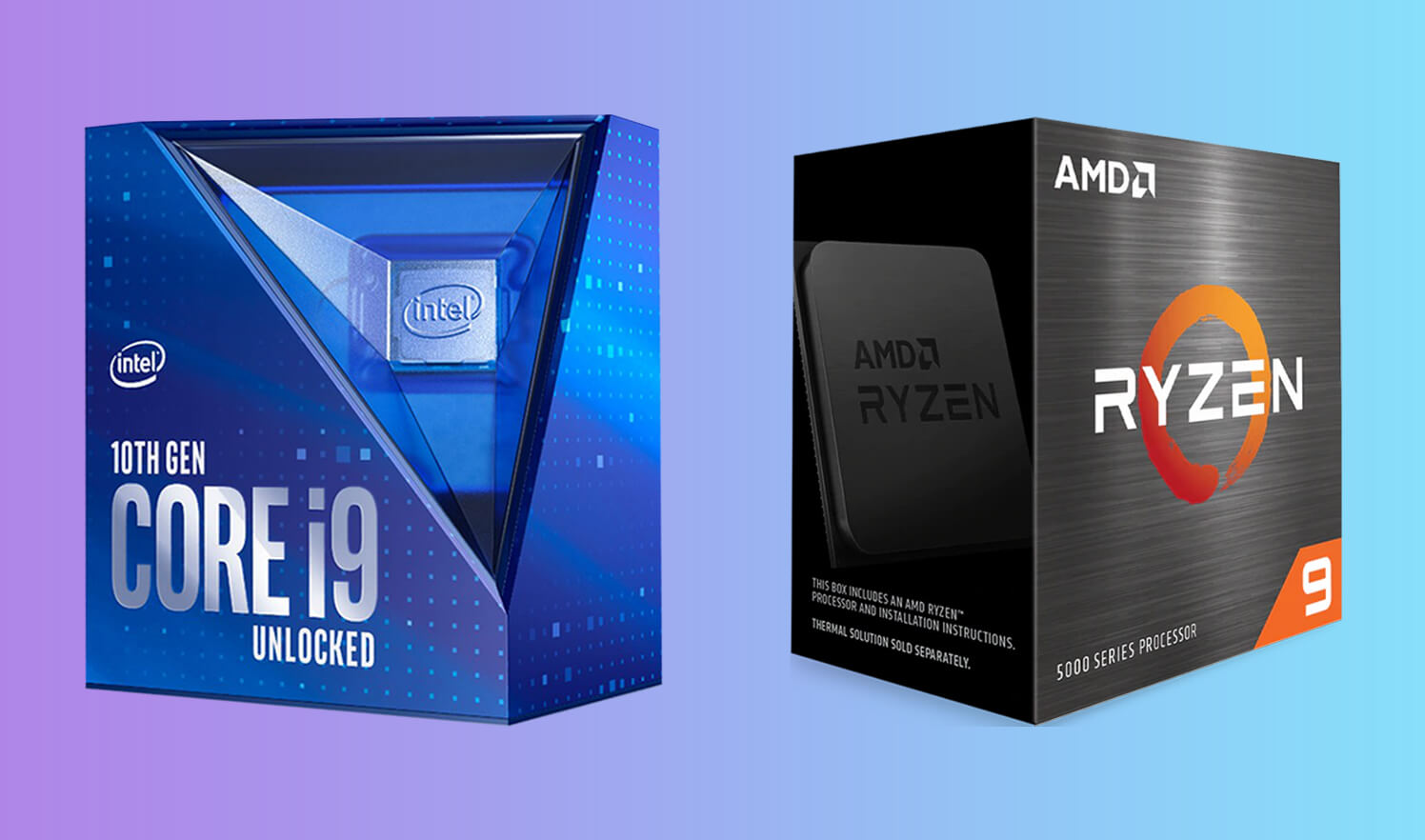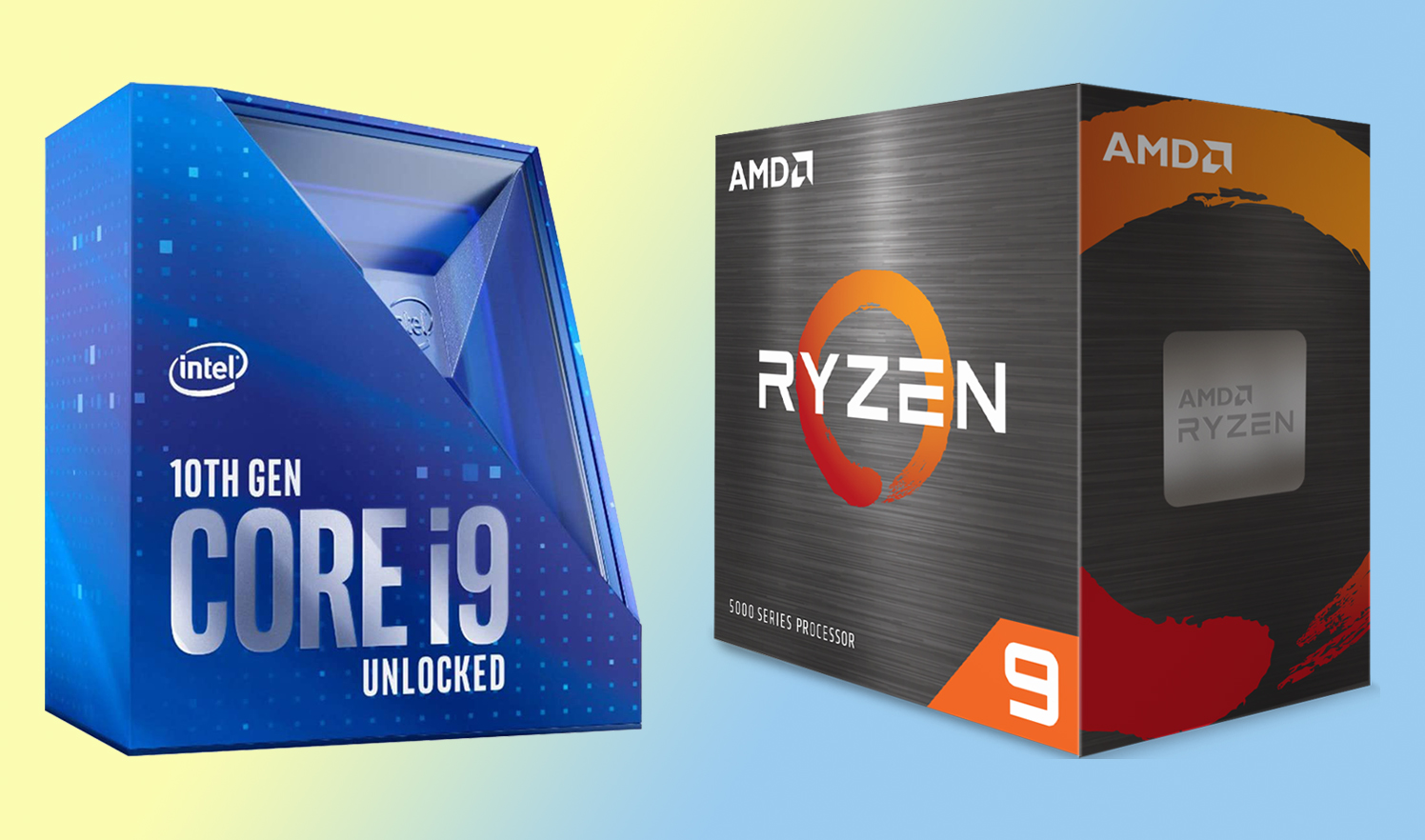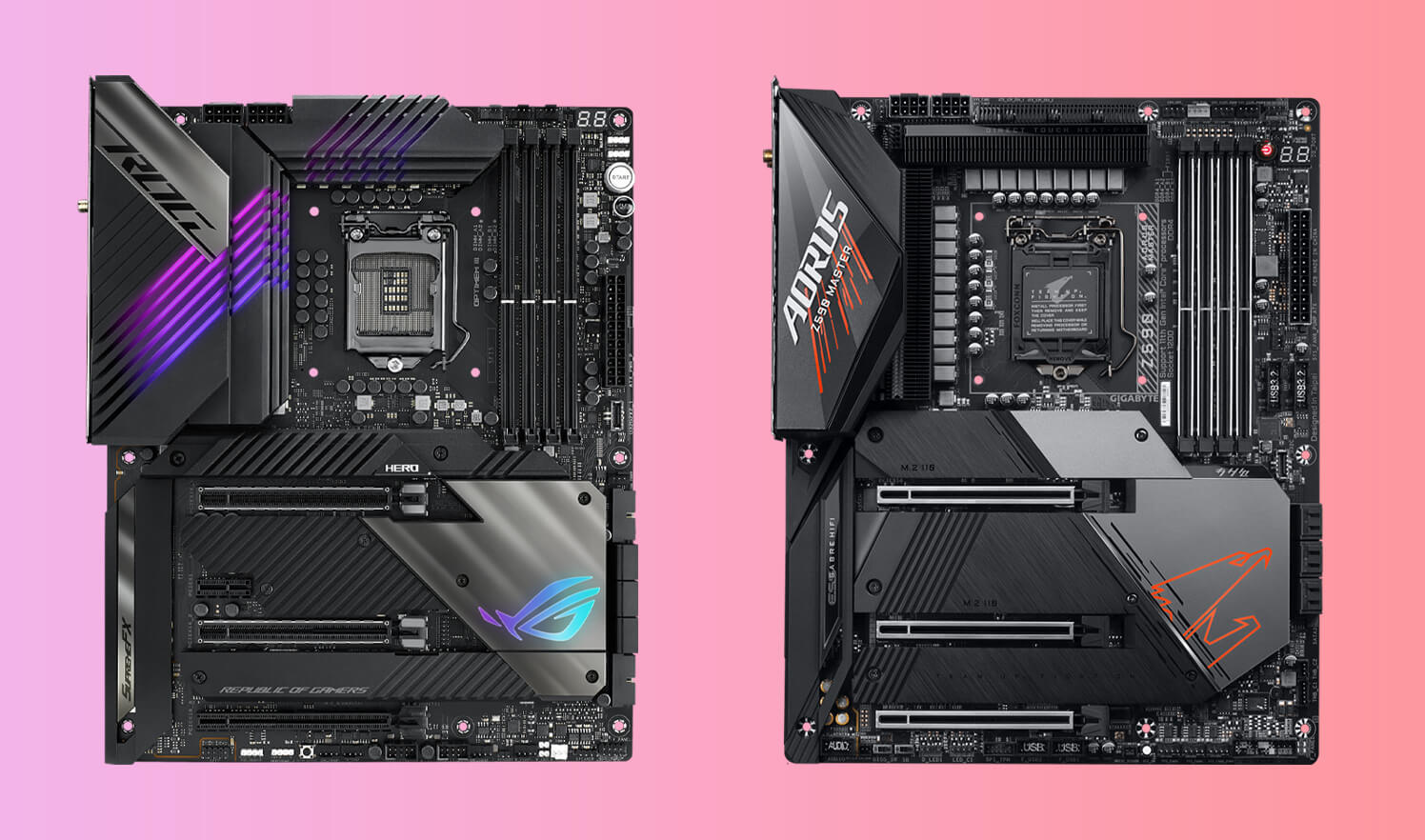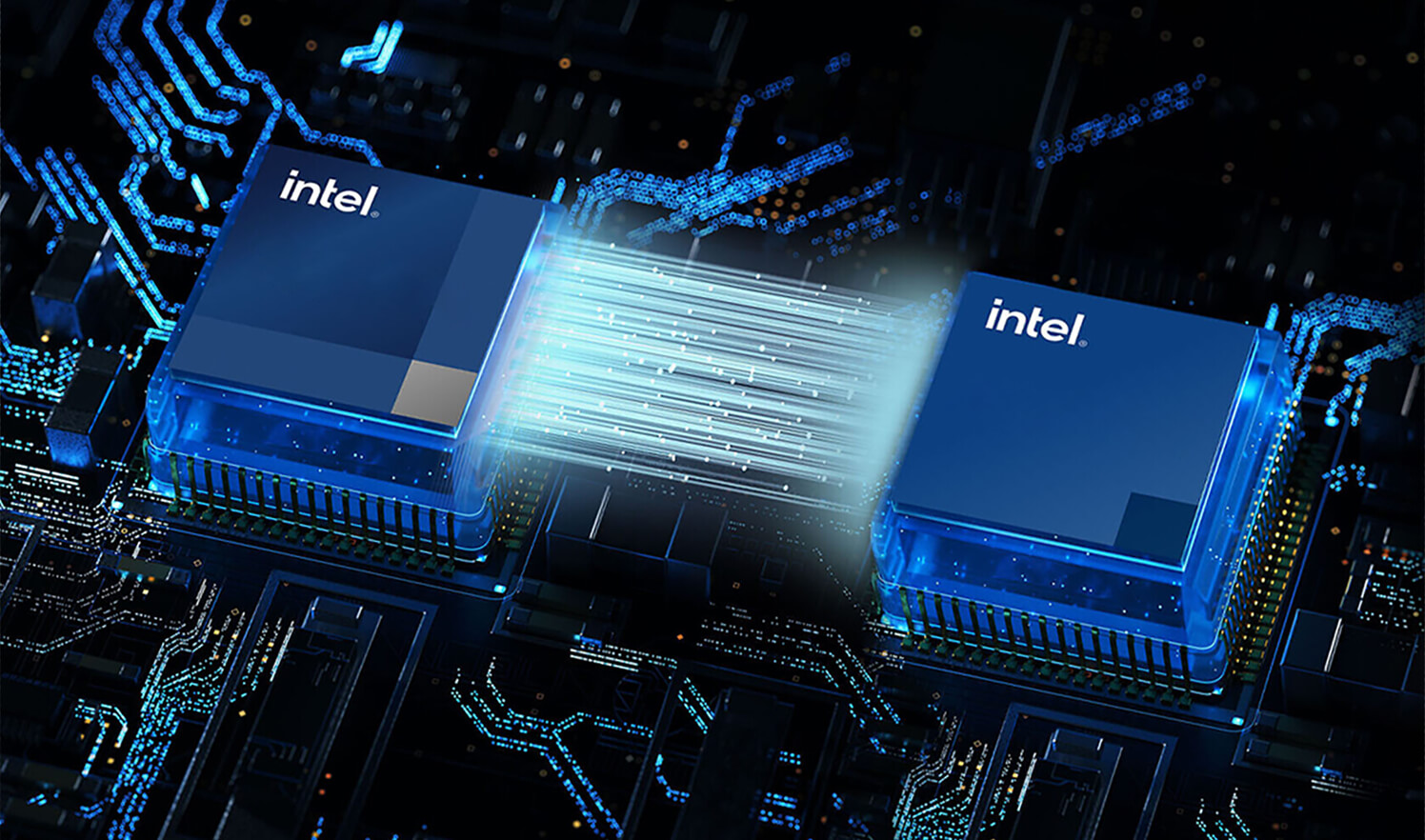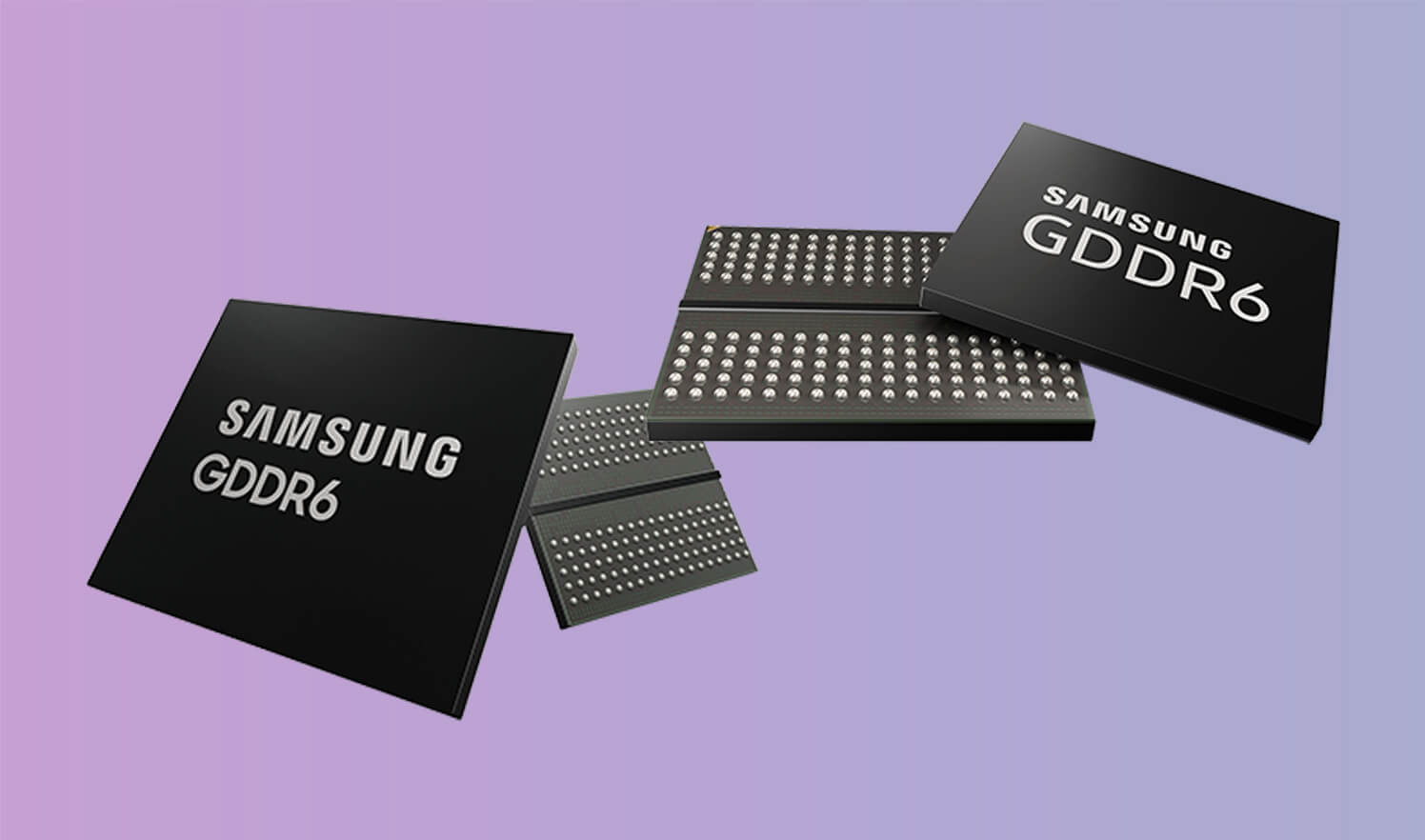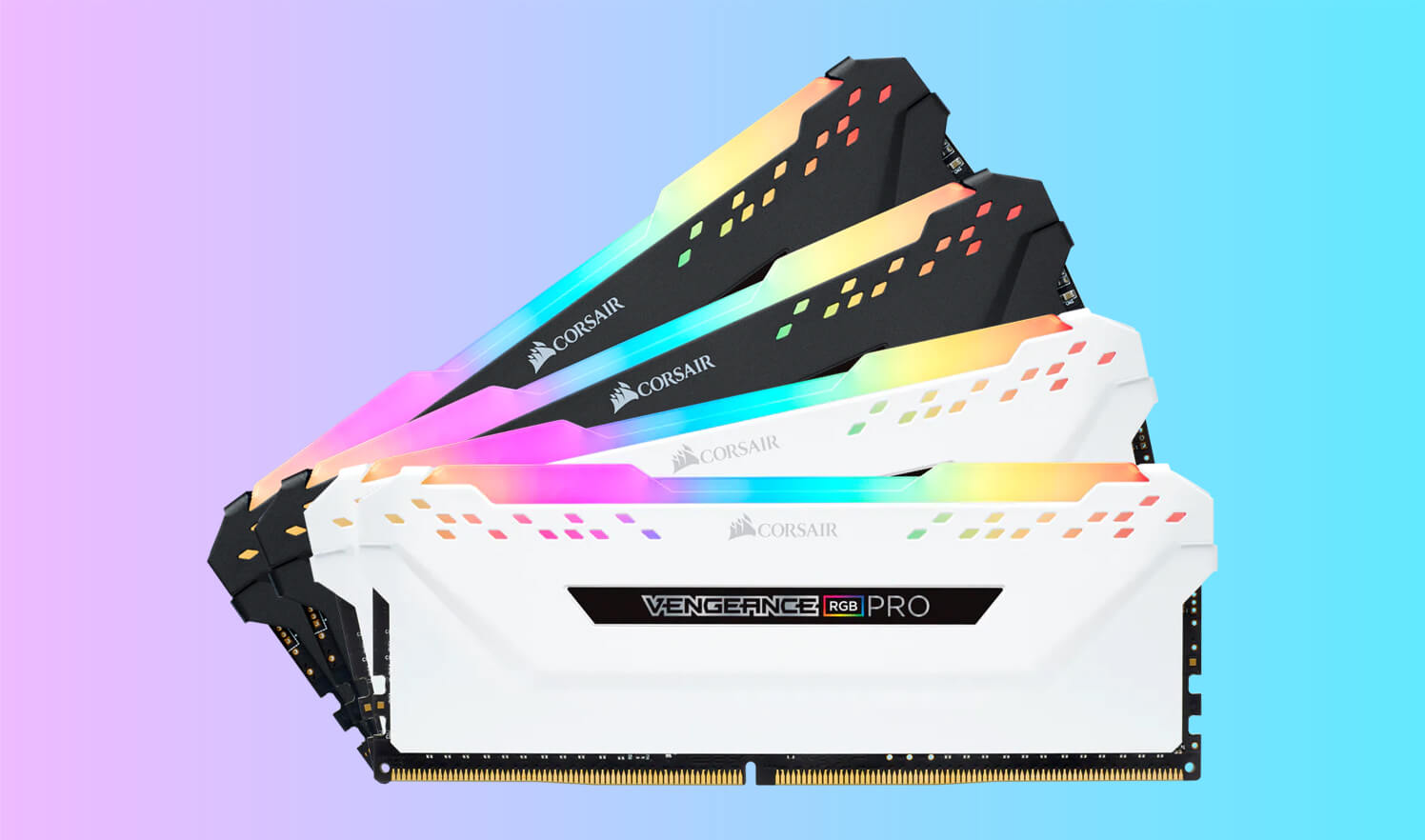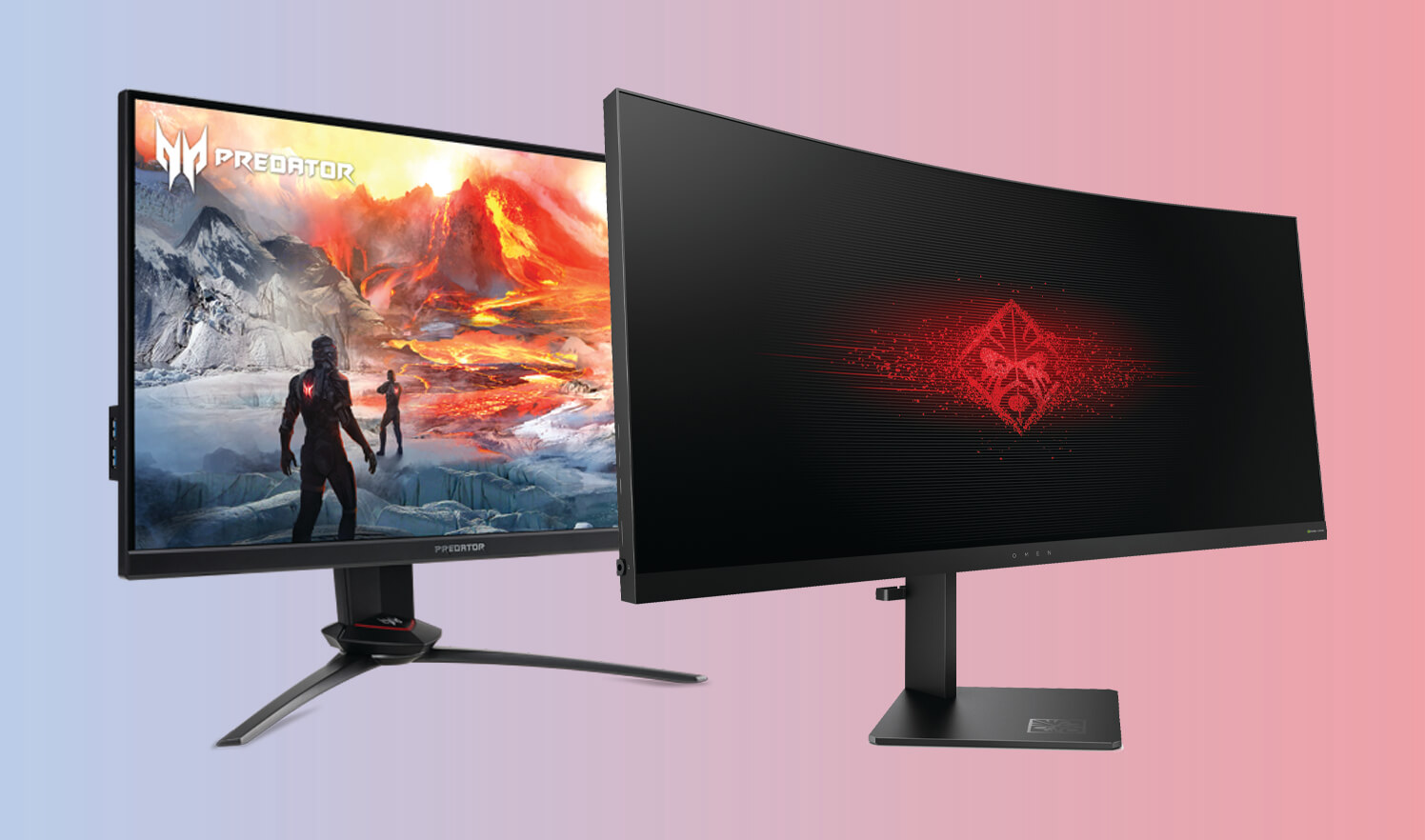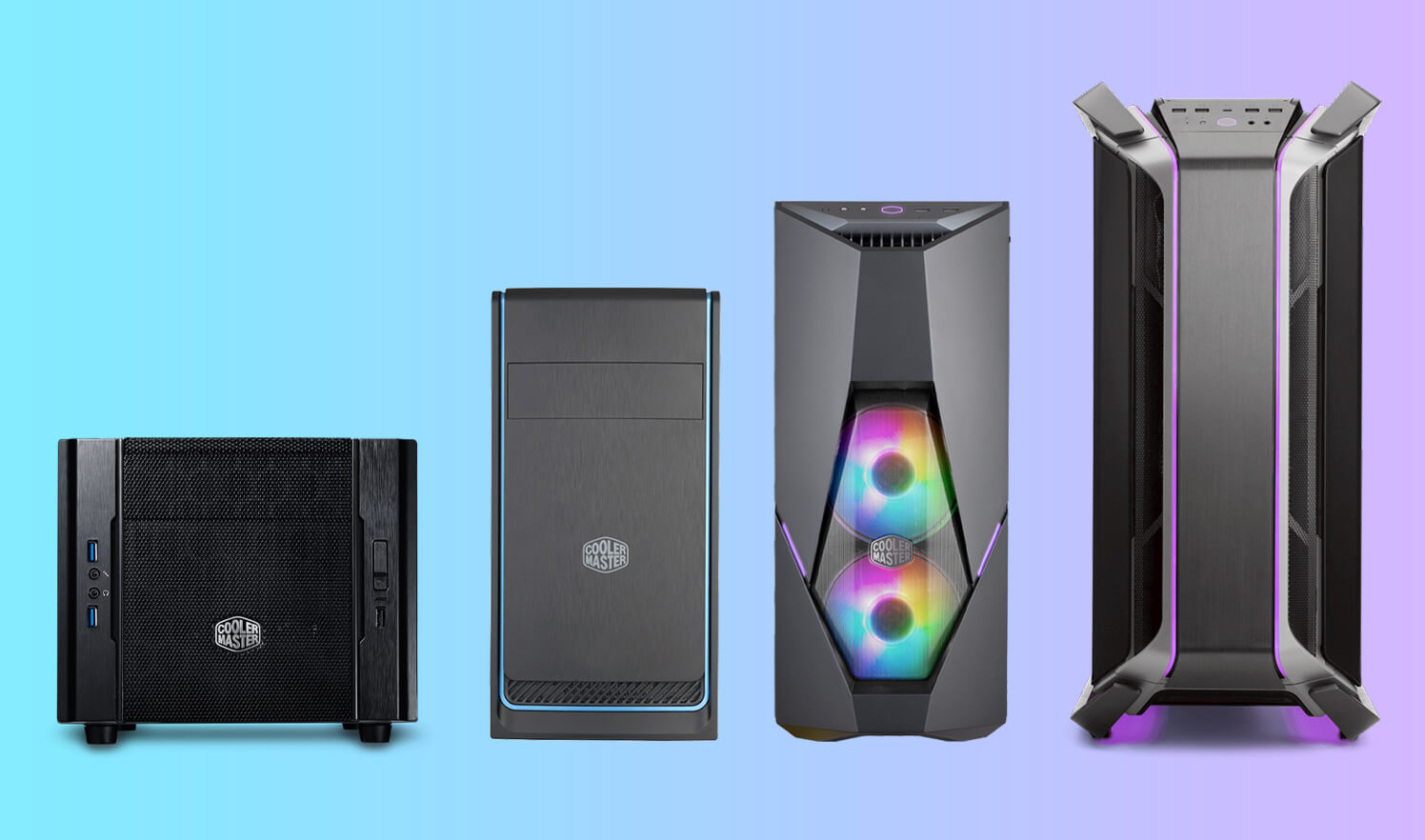What should you look for when purchasing a motherboard? First, you need to know what your needs are. Do you want something with lots of ports or do you prefer a low-profile design?
One thing is certain: there is the perfect motherboard out there for everyone. Once you have an idea of what features and type of board will best match your needs, it’s time to go shopping! We’ll cover some tips below on how to find the best motherboard for your PC today.
Did you know that the motherboard is one of the most important parts of your gaming experience? Choosing a good board can make an extreme difference in how well your computer performs and it’s worth taking some time when looking at all of the options out there today.
If you’re looking for something with lots of ports, then look no further than this post on Best Boards For Gamers! We have reviews, tips, and tricks on which boards are best for different budgets so be sure to read through them before making any decisions about what is right for you!
You’ll want to keep reading if you really care about performance or if affordability matters more to you. Either way, we have you covered.
The perfect motherboard is out there, and we’re here to help! We have reviews of some great boards that will suit your needs so be sure to give them a read before making any decisions about which one would work best for your gaming rig today.
One more thing: don’t forget about compatibility when choosing the right board! Be mindful of what CPU socket type you need as well as how many slots are available on the board itself.
You’ll also want to make sure that whatever processor or graphics card you choose has an upgrade path with this new computer - it’s worth spending a few minutes to check before you buy.
Motherboard Features
There are many other features you may want to consider when purchasing a motherboard. For example, if you need more power than is available on the internal USB ports, look for one that has an additional header or port connected externally.
You should also investigate how each board’s chipset can affect your budget and performance requirements. The most common chipsets today include Intel Z390, and Z370, AMD x570, and x470.
Finally, pay attention to what type of CPU socket it uses too! Some CPUs work only with certain sockets so be sure they match before buying anything else.
Form Factor: This refers to size as well as whether there are any extra slots for adding expansion cards like video cards or sound card upgrades in the future. The most common types of form factors include ATX, Micro-ATX, and Mini-ITX.
When choosing a motherboard, stay on the same form factor as your current PC case so you can reuse it or upgrade it in the future.
Chipset: This refers to the set of integrated circuits that are put together for a specific purpose. A chipset may be designed as an add-on card or built into the motherboard itself, which can affect your budget and performance requirements. Common chipsets include Intel Z390, and Z370, AMD x570, and x470.
CPU Socket: This refers to the set of pins on a motherboard that provides access for attaching an integrated circuit or another component onto it. The most common CPU sockets today are LGA 115x from Intel; AMP-LITE (AMP) from AMD; and TRITON extreme (TRI).
The socket type will also dictate what kind of CPU you can install on your motherboard. You cannot use any old processor with just any socket! Be sure they match before buying anything else. Make sure the number matches too - so be mindful of this when checking out specs online or at a store.
Power Supply Requirement: You need to know if your desired board takes up more power than what is available on the internal USB ports - otherwise, you will have to purchase external additional headers/ports with enough capacity. The two most common types of power supply are ATX and EPS.
Number Of Ports: The number of wired connections directly affects how many peripherals such as keyboards, mice, printers, etc., it can support at one time. There are also wireless connectivity options too like Bluetooth and Wi-Fi so there’s no shortage of choices when it comes to ports.
Price: When you purchase a new motherboard, it is also worth noting the price. Some are more expensive than others due to specific features or because they have better quality parts and/or additional hardware included on them. Stay within your budget but remember that as long as you pick the right one for what you need, there is always something out there for everyone.
The best motherboards for gaming
The best motherboards for gaming are those that have lots of different ports and support both SLI (Scalable Link Interface) and Crossfire. These boards will give you the best graphics performance possible when playing your games.
A low-profile design is also a very desirable feature to look out for as it typically provides better airflow inside the case, which in turn means cooler components–a must if you’re looking at overclocking.
The more features there are on a motherboard, the higher the price usually goes so try to find one with just what you need without any extras thrown in. The prices can vary quite considerably depending on the brand name but make sure not to buy something cheap because they’ll probably end up dying sooner than later or breaking down sooner than later.
If you’re not looking to play the latest games, then it may be worth considering a cheaper motherboard that doesn’t have many of the features listed above as they likely won’t do anything for your gaming performance and will end up taking away from other components.
There are so many motherboards out there, it can be tough to know which one is best for your needs. To help you find the perfect motherboard, we’ve gathered together our top five choices that are sure to work well with any PC build today.
Choosing the right motherboard for your needs
The first step in choosing your perfect motherboard is to determine what you need. Is there a specific type of port that I want my board to have?
Some boards take up more space than others, so if this is an issue for you, make sure the one you choose will be able to accommodate any size case and video card.
Is it necessary for me to overclock or customize anything on my system? This can help narrow down the list as some motherboards are better suited for overclocking purposes than others are.
Nowadays most boards come with built-in WiFi capabilities which makes things even easier but keep in mind not all products do so don’t forget about compatibility when purchasing online! A quick way to check is by looking at the model number on the product and checking if it’s a “K” SKU or not.
Is there something I need to know about BIOS/UEFI? The newest motherboards don’t have this traditional BIOS but instead a UEFI system, which is more user-friendly and easier to navigate around. But they’re all different so be sure you find out what your motherboard needs before purchase!
An important thing to note is when looking at boards, most come with their own heatsinks. This does not mean that you have to use them, but you may want to if your case doesn’t provide enough cooling for the CPU and motherboard combination being used.
Things to consider when buying a new motherboard
There are a few things to keep in mind when shopping for your motherboard.
The number of ports: If you’re looking for something with lots of USB and audio ports, then look at motherboards that have more than ten total on the board itself or include additional headers offboard.
Size: A larger size might not be as important if you don’t plan on running multiple graphics cards but it will improve cooling options too! Some consumers prefer low-profile design while others want maximum expansion capability.
Price point: You can get great deals on used or refurbished boards so this is worth considering if you are budget conscious. Just make sure to know what kind of warranty coverage these come with before making the purchase.
The right motherboard for your PC is out there, you just need to know what features are important and how much you want to spend.
Conclusion
As you can see, the motherboard is one of the most important components in a PC. It’s vital that you buy a high-quality motherboard to ensure your computer will work properly and last as long as possible.
We hope these five tips help guide you through making an informed decision when buying a new motherboard for your system! If you need any further assistance selecting the best board for your needs, please don’t hesitate to contact us at any time.
